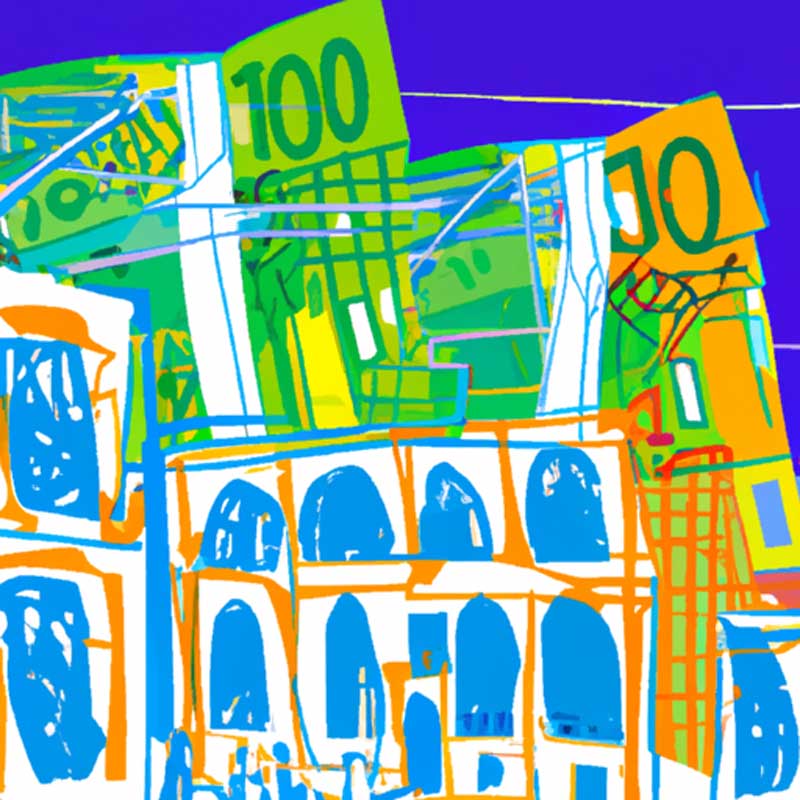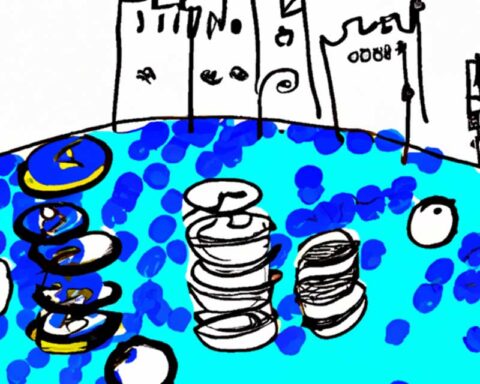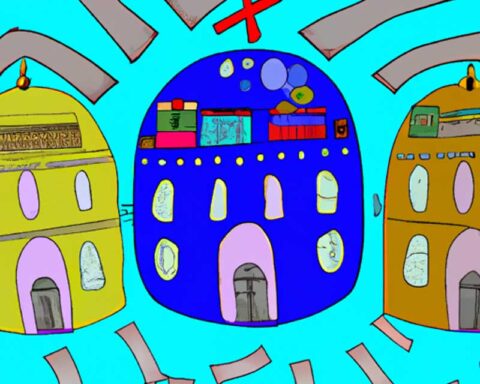TLDR:
The credit card has high bank fees, isn’t a tech marvel anymore, and is not safe either, but it continues to be used by many people in India. The author questions why e-wallets and the Unified Payments Interface (UPI) have not already replaced credit cards. The Reserve Bank of India’s recent restrictions on Paytm’s payments bank will impact millions of users. The author suggests that the country’s banking bureaucracy may dislike anything that can replace conventional banking.
Key points:
- The author, who is not a fan of credit cards, has been reducing his credit card purchases and using e-wallets and UPI for online transactions.
- Credit card usage continues to rise in India, despite the availability of alternative payment methods.
- Foreign transactions made with credit cards often come with high fees and unfair exchange rates.
- The author had a negative experience with credit card fraud, which led to his decision to stop using credit cards.
- The Reserve Bank of India has recently enacted restrictions on Paytm’s payments bank, impacting millions of users.
- The author believes that the banking bureaucracy dislikes anything that can replace conventional banking.
The author concludes that, for him personally, credit cards are dead. He questions why e-wallets and UPI have not already replaced credit cards in India, and expresses sympathy for Paytm and other fintech companies that face challenges from traditional banking institutions.





